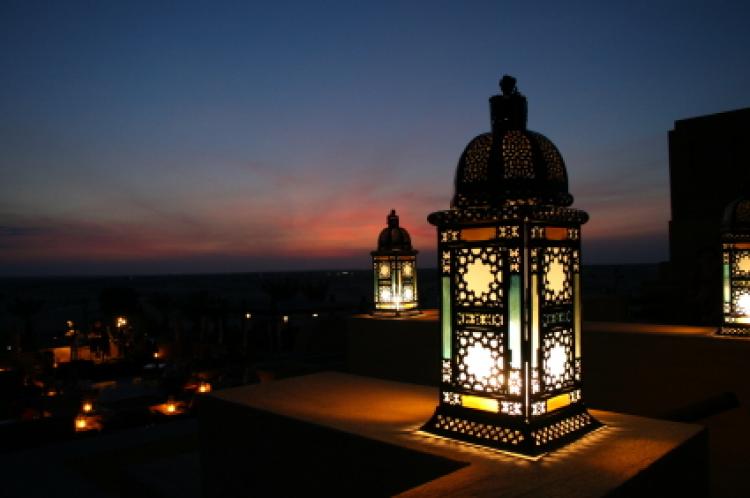People could all do with a dose of Ramadan

By Muneeb Nasir
Fasting is a big commitment and it is not quite that easy for those who are not initiated into the art of fasting.
Ramadan is a month of abrupt changes.
For a month, the fasting person takes a break from their usual lives to return to meaning and essentials, breaking with their habits of consumption, and interrupting the rhythms of their daily life.
The abrupt changes brought about in Ramadan are an invitation to transformation.
At the heart of our consumer world, where we are used to easy access to anything we wish, and where we are driven by individualism in our daily lives, this month requires from us that we come back to the center and the meaning of our life.
Ramadan is asking us to ask ourselves: What meaning have I given to my life?
What about God in my life?
We become so immersed in the life of this world that we loose the awareness required to live wholly recognizing the divine.
Zoologists tell us that it is unlikely that creatures deep in the sea have any kind of awareness of what it means to be wet.
But the irony is not restricted to fish.
The greater the immersion, the less aware we become of it.
This is an observation generally agreed upon among religions, that there is indeed an immersion in the fleeting realm, and it’s nearly impossible to escape it without help.[1]
Immersion in the fleeting world can lead to unawareness of the divine.
And after a while, we’re disabled from even noticing.
We end up going through life in a trance and in autopilot mode.
Sociologists tell us of a phenomenon they refer to as urban trance – people on the streets who are less likely to notice, greet or offer assistance to others – they are busy texting or scrolling away on their smart phones or plugged into some device.
This social autism is a consequence of technology’s invasion into our daily lives.
We’re so wired to technology that we’re disconnecting from who we’re wired to be – kind, compassionate and emphatic human beings who take interest in others, serve others, grateful to others, and grateful to God.
Ramadan comes every year to help us – it is a knock on the door.
It is an invitation to walk out of the cave.
It is an invitation to come out of this trance-like state.
A few years ago, the then Toronto Star columnist, Rick Salutin described his experience of fasting in Ramadan.
He wrote: “For a few days this week, my son and I had some Muslim Arab kids from the Mideast, ages 8 and 12, up at the cottage. They’ve been in Canada for two years. Since it was Ramadan, we decided to fast with them.”
Salutin describes his experience of fasting: “It induced a kind of — I don’t know the precise word — quietude, even in young kids. You husband your resources, consciously and/or unconsciously. Almost by default, a sort of meditative mood sets in.”
Rick Salutin concluded that in today’s world people could all do with “a dose of Ramadan (under another name) as it might restore some calm and an ability to think rationally.”[2]
References:
[1] http://www.patheos.com/blogs/altmuslim/2008/09/ramadan_counterculture_and_soul/
